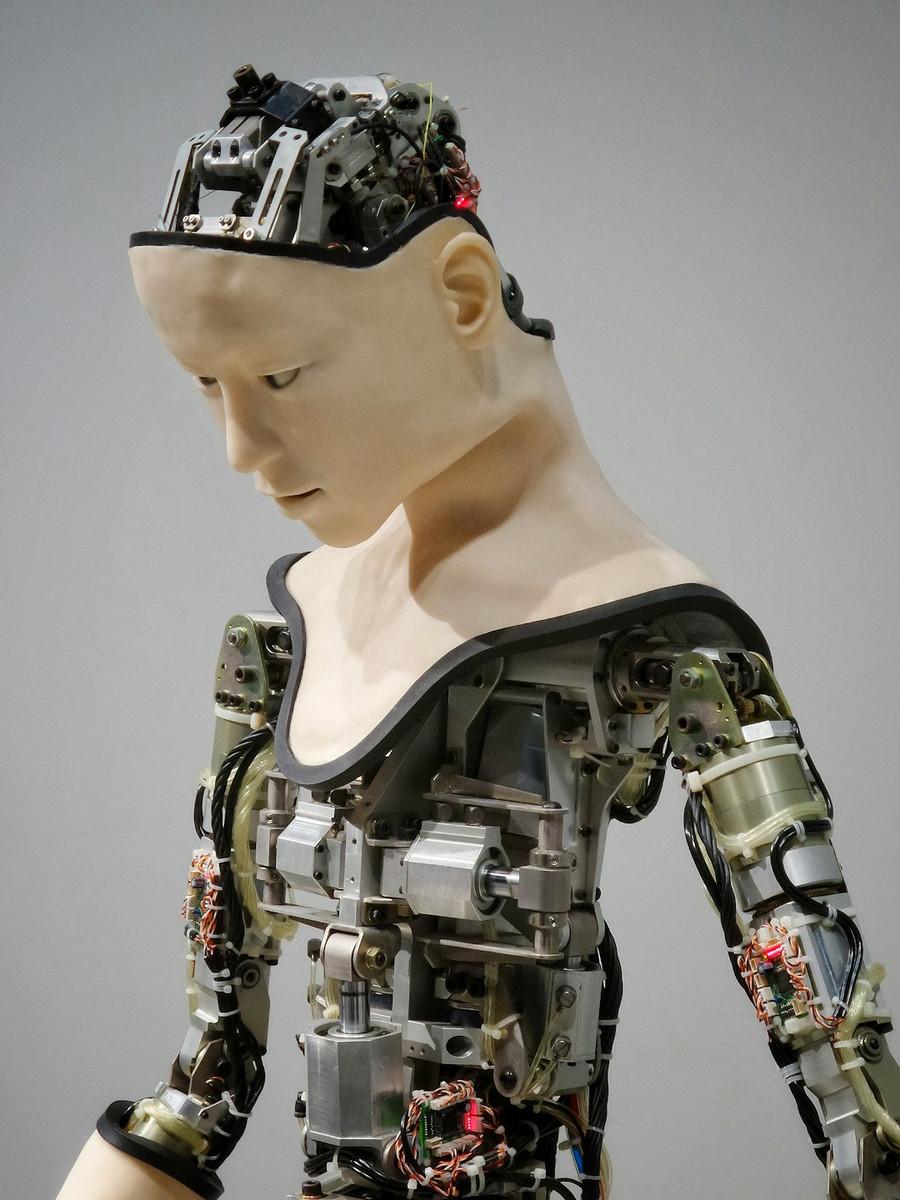Using Technology to Make Work More Human
Curated from: hbr.org
Ideas, facts & insights covering these topics:
10 ideas
·823 reads
4
Explore the World's Best Ideas
Join today and uncover 100+ curated journeys from 50+ topics. Unlock access to our mobile app with extensive features.
Human Tech: The Potential
The next wave of digital tech, or “smart tech,” has the potential and power to help us rehumanize work.
Smart tech creates an opportunity to redesign jobs and re-engineer workflows to enable people to focus on the parts of work that humans are particularly well-suited for, such as relationship building, intuitive decision making, empathy, and problem solving. But it will require organizational leaders to make informed, strategic decisions to ensure the technology is used to enhance our humanity and enable people to do the kinds of relational, empathetic, and problem-solving activities.
17
191 reads
The Scenario As Of Today
The Great Resignation wasn’t created by the pandemic so much as supersized by it. The unwillingness of workers to rush back into cubicles, behind counters, onto assembly lines, and behind the wheel is a direct result of work cultures that too often default to suspicion, inflexible schedules, and unrealistic workloads. The virtual and flexible work arrangements necessitated by the pandemic were revelatory for many people, but didn’t free them from the 24/7 onslaught of tasks, back-to-back meetings, and emails created by always-on cultures and technologies.
15
118 reads
What To Automate, What To Assist
There will be parts of jobs that are suitable for automation, but few, if any, that can (or should!) be completely replaced by smart tech. What automation can change for the better is the experience of work. Rather than doing the same work faster and with fewer people, smart tech creates an opportunity to redesign jobs and reengineer workflows to enable people to focus on the parts of work that humans are particularly well-suited for, such as relationship building, intuitive decision making, empathy, and problem solving.
15
96 reads
The Choice Of Technology
Companies will be making many choices about automation in the next few years. And those decisions will influence how employees, customers, and other stakeholders perceive your company going forward. Should your company choose:
- Bossware — technology that’s lurking in the background of screens watching employees all day to catch, and presumably punish, anyone taking an unscheduled break?
- Software like CultureX, which can measure and improve workplace culture so that it’s less toxic, increasing employee work-life balance while decreasing the levels of burnout that lead to turnover?
14
90 reads
Leaders Have To Choose
Organizational leaders are going to face many choices when it comes to smart tech in the near future. Commercial applications using smart tech are available off-the-shelf for every department from communications to accounting to service delivery. It will require informed, careful, strategic thought to ensure the technology is used to enhance our humanity and enable people to do the kinds of relational, empathetic, problem-solving activities we do best.
14
70 reads
Getting Started: Identifying Key Pain Points
So how do you get started introducing smart tech within your own organization? Here are a few initial steps you can take:
Identifying Key Pain Points: These should focus on areas where smart tech can take over rote tasks that can streamline unmanageable workloads and reduce worker stress. Outline exactly what tasks and decision-making people will retain and what tasks will be automated when the system is implemented. This includes identifying how automation will be supervised by someone with subject matter expertise.
14
52 reads
Choose the Right Smart Tech for The Job
Make sure the product or system you choose will create the right human-tech balance. Ensure that the assumptions built into the smart tech align with your values. And be sure that the tasks that require empathy and intuition will be assigned to people, while tasks such as data entry or analyzing huge swaths of data will be assigned to smart tech — and not the other way around.
14
48 reads
Create a Virtuous Cycle of Testing, Learning, and Improving
Step carefully and slowly, because it can be difficult to undo the harms of automation once the smart tech is in place. Pilot test the new system and workflow to ensure that your hopes and assumptions are correct.
14
59 reads
The Trever Project
The Trevor Project is an example of what we call a "Smart Nonprofit" - an organization that has stepped carefully and wisely into automation by understanding "cobotting," the combination of people and smart tech that brings out the best in both.
They created Riley, a chatbot that helps train counselors by providing real-life simulations of conversations with potentially suicidal teens.
Riley expands the training capacity of the organization enormously by always being available for a training session with volunteers.
14
48 reads
The Bottom Line
Smart tech and automation can make work and workplaces more fulfilling and less exhausting. But doing so requires leaders to dig into the implications of automation and make smart, ethical choices about using tech that enhances our humanity and makes work better, healthier, and happier for everyone.
14
51 reads
IDEAS CURATED BY
CURATOR'S NOTE
Technology needs to assist, not replace humans.
“
Bradley Howe's ideas are part of this journey:
Learn more about problemsolving with this collection
Strategies for building self-confidence
Techniques for embracing your strengths and accomplishments
Tips for seeking support and feedback
Related collections
Similar ideas
7 ideas
Best Practices in Business Process Automation
europeanbusinessreview.com
5 ideas
Four success factors for workforce automation
mckinsey.com
12 ideas
Ten Ways to Make Your Time Matter
greatergood.berkeley.edu
Read & Learn
20x Faster
without
deepstash
with
deepstash
with
deepstash
Personalized microlearning
—
100+ Learning Journeys
—
Access to 200,000+ ideas
—
Access to the mobile app
—
Unlimited idea saving
—
—
Unlimited history
—
—
Unlimited listening to ideas
—
—
Downloading & offline access
—
—
Supercharge your mind with one idea per day
Enter your email and spend 1 minute every day to learn something new.
I agree to receive email updates









